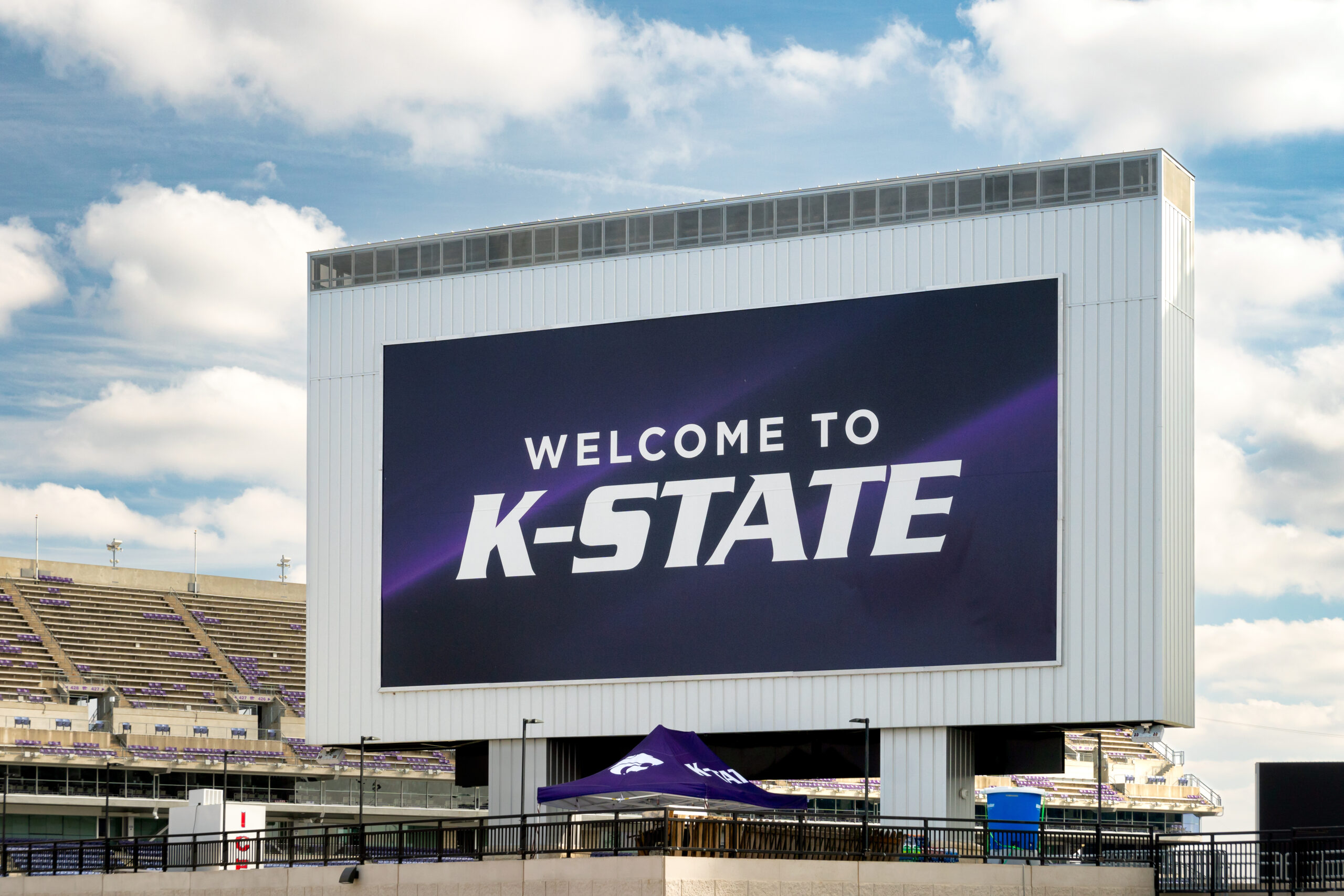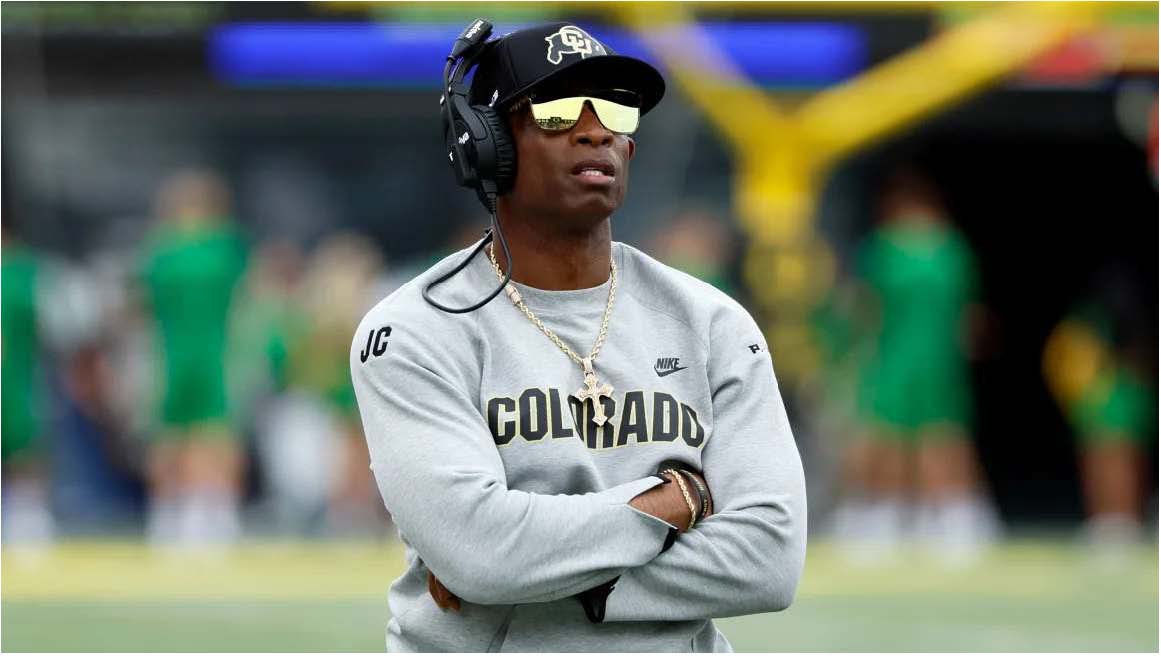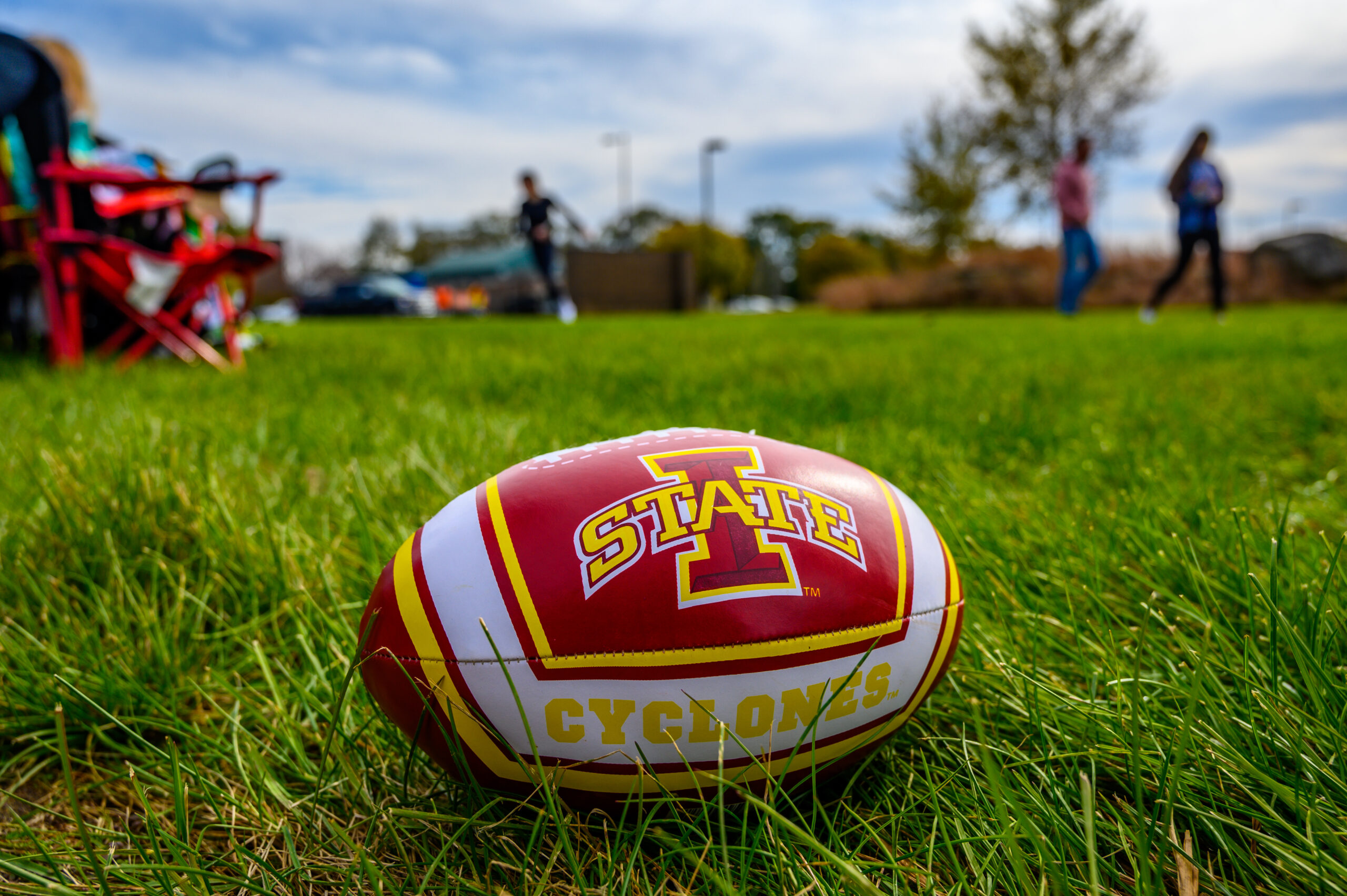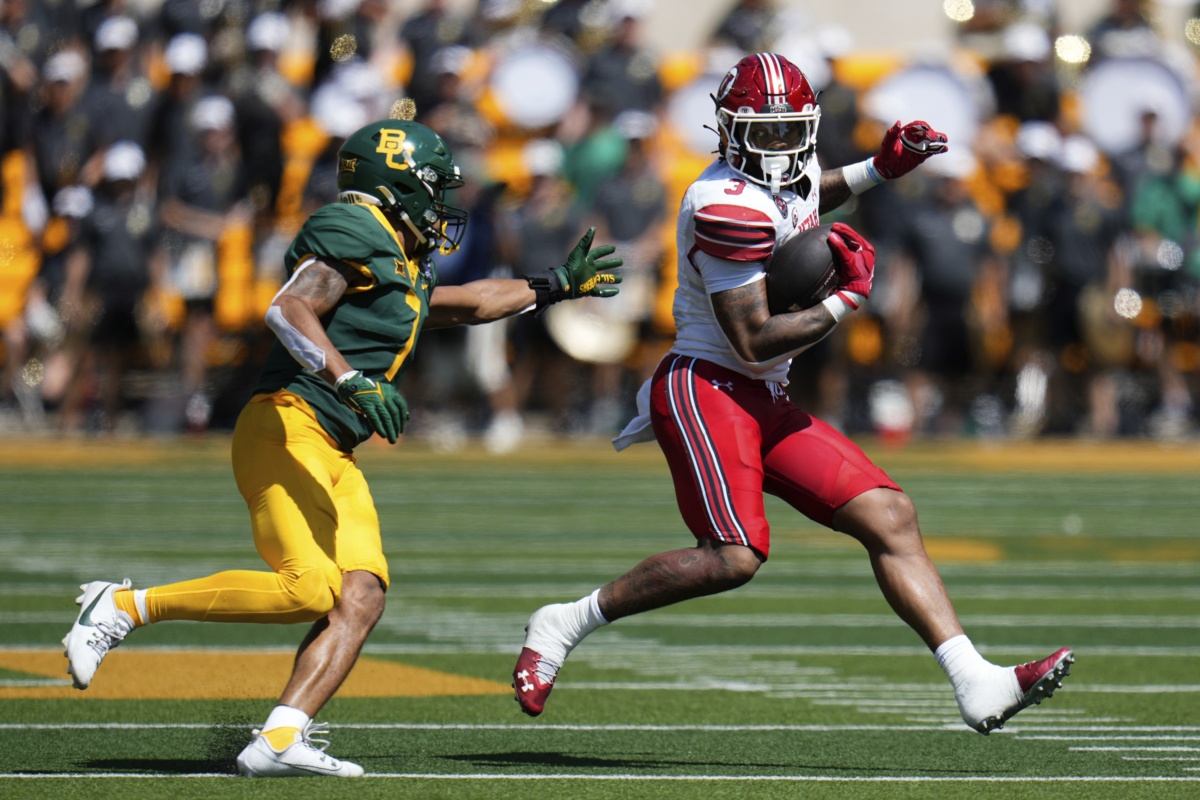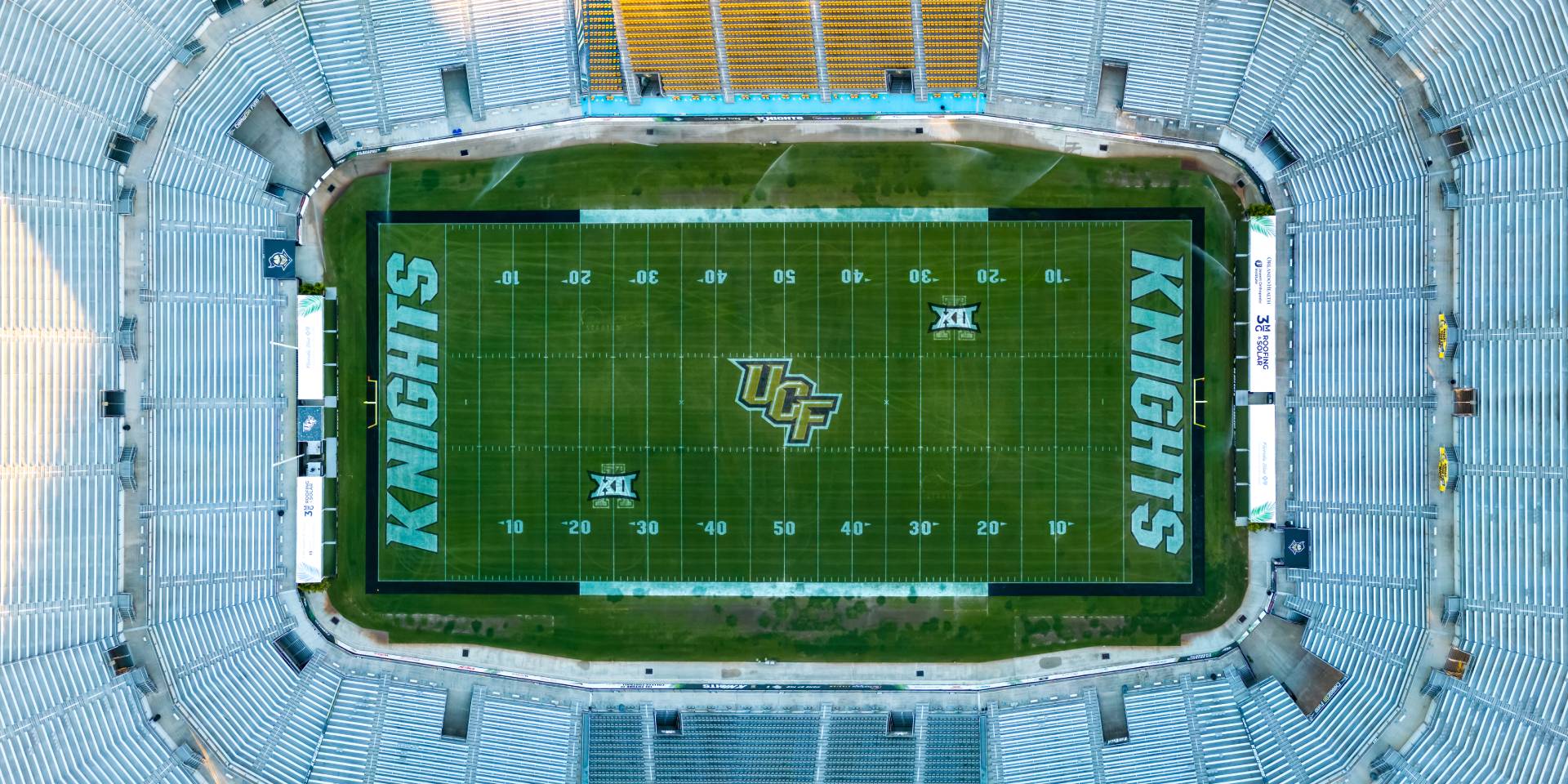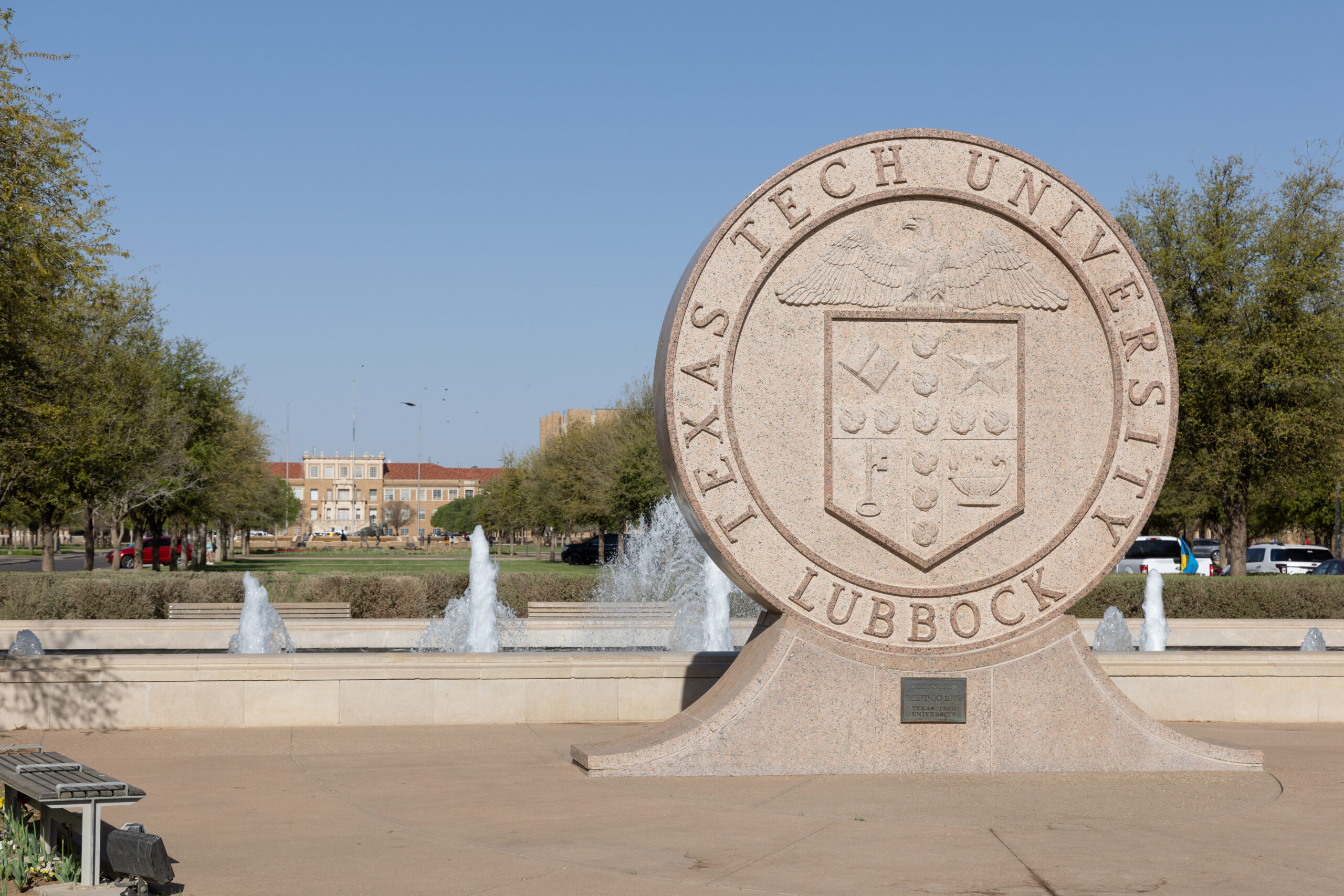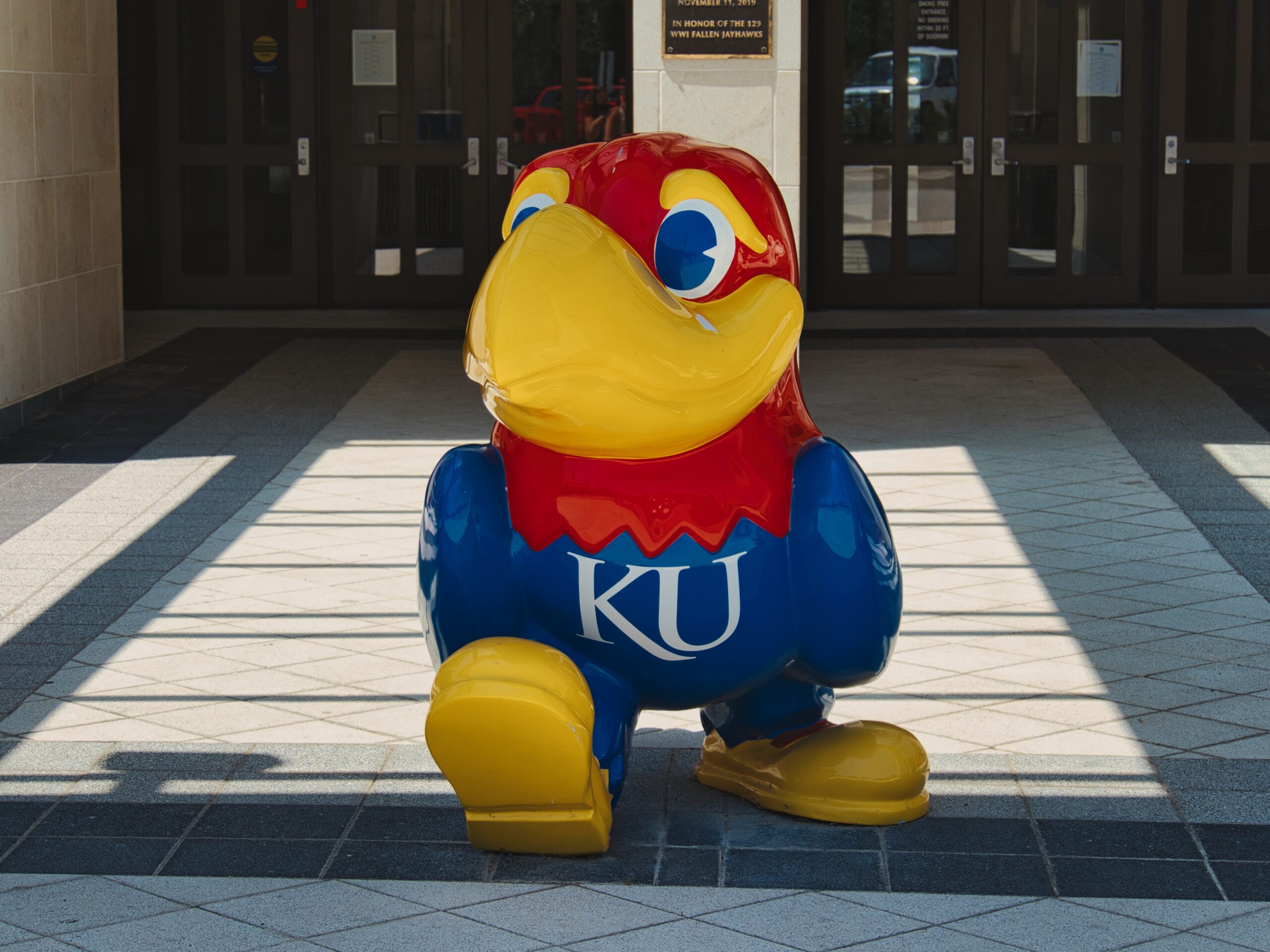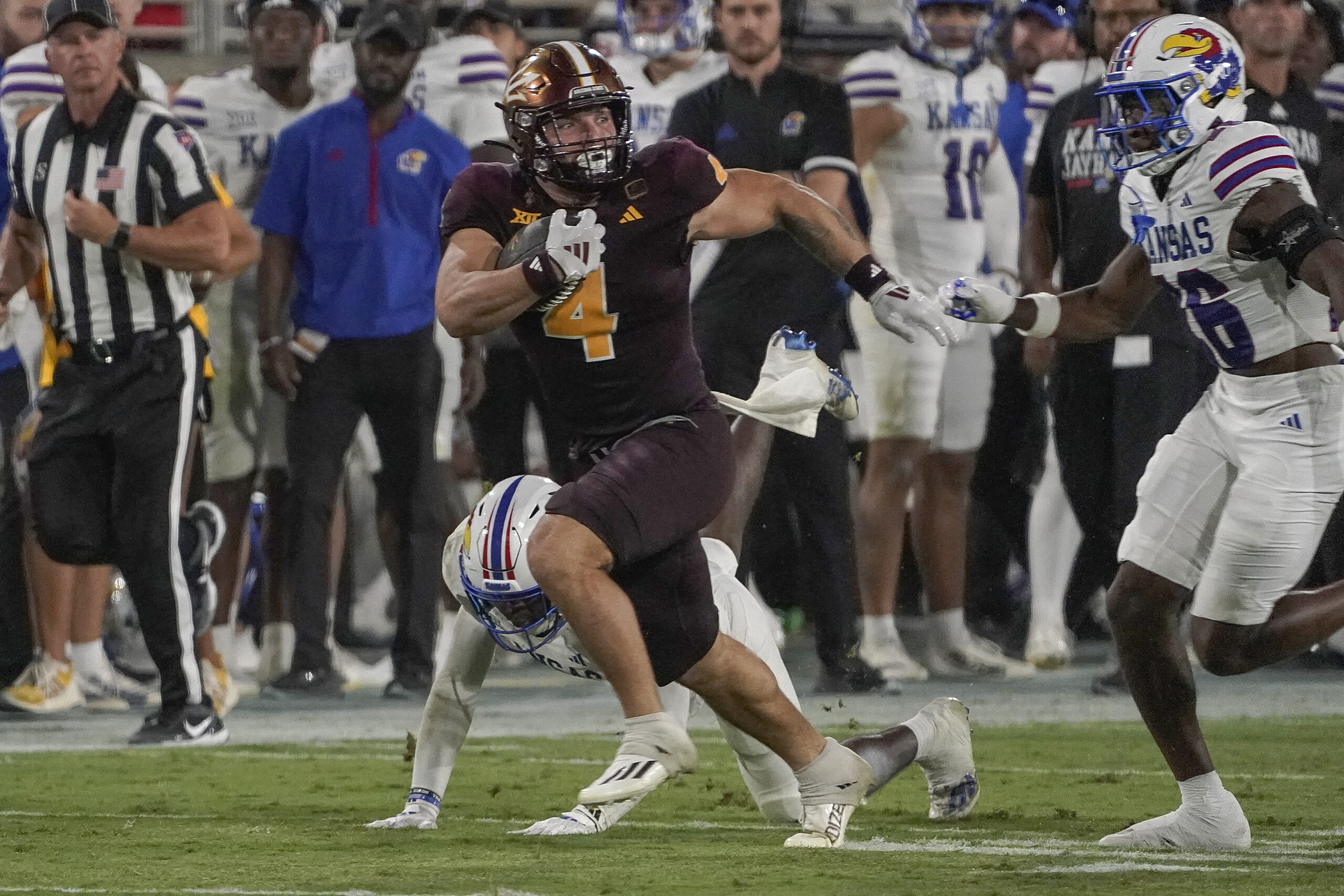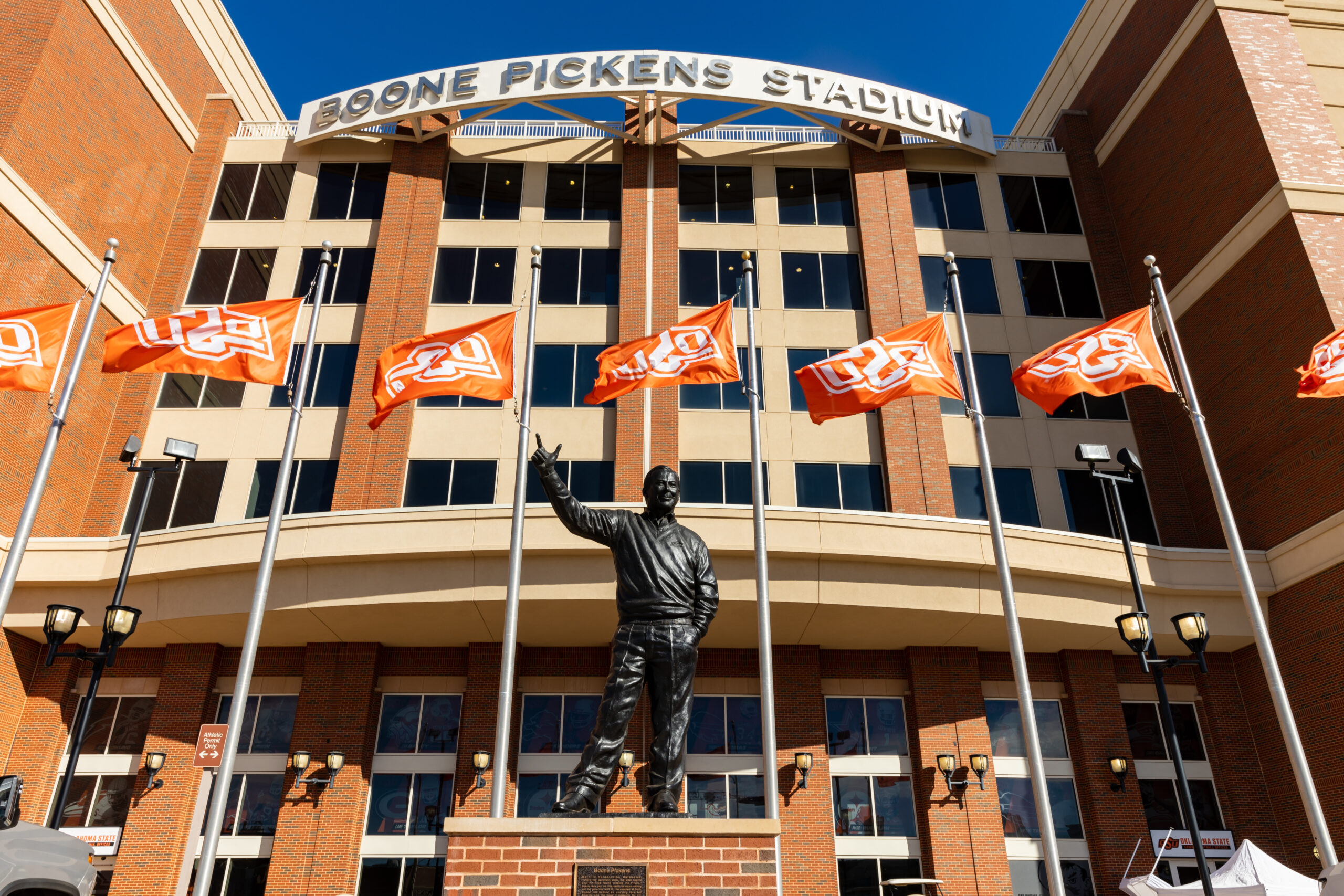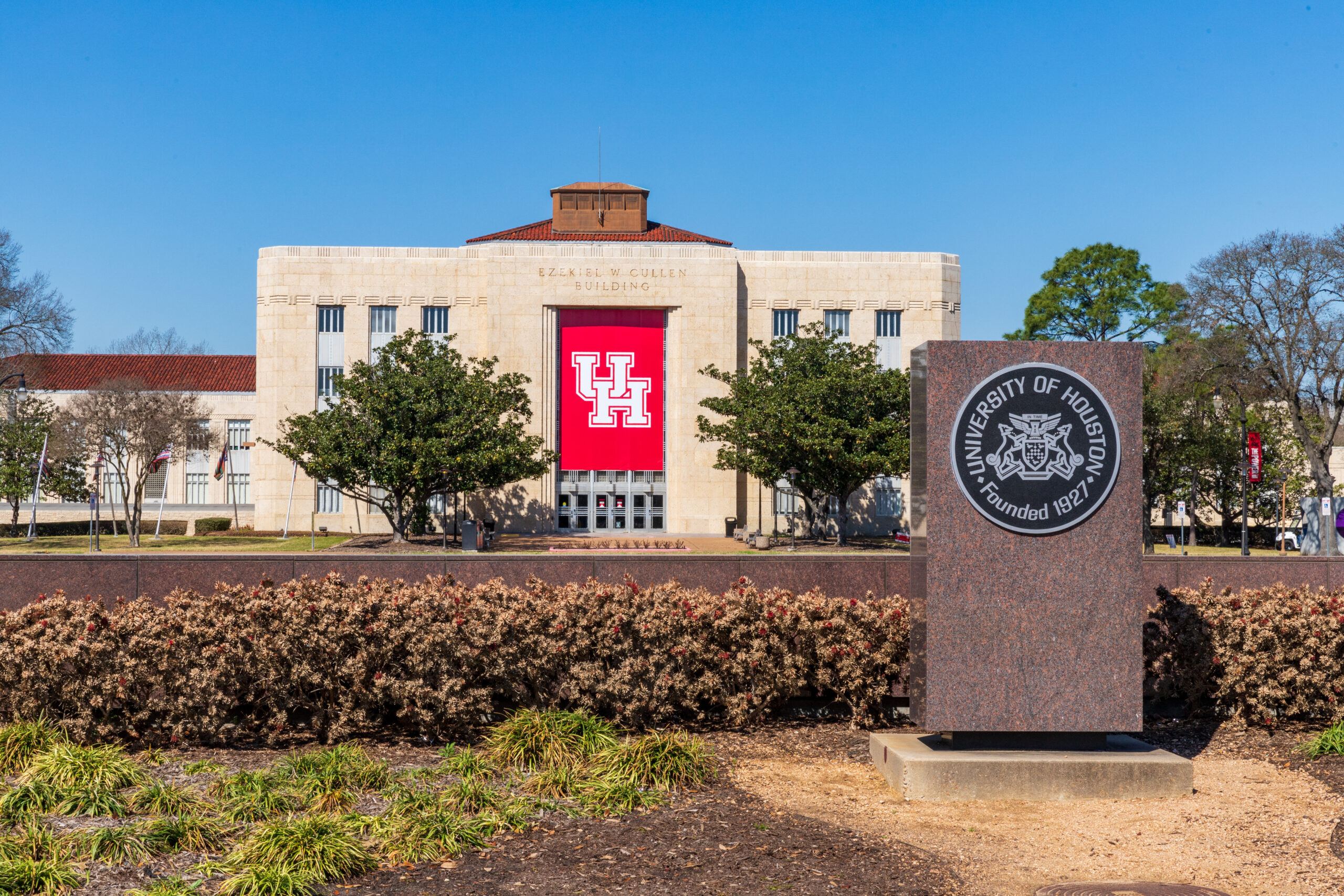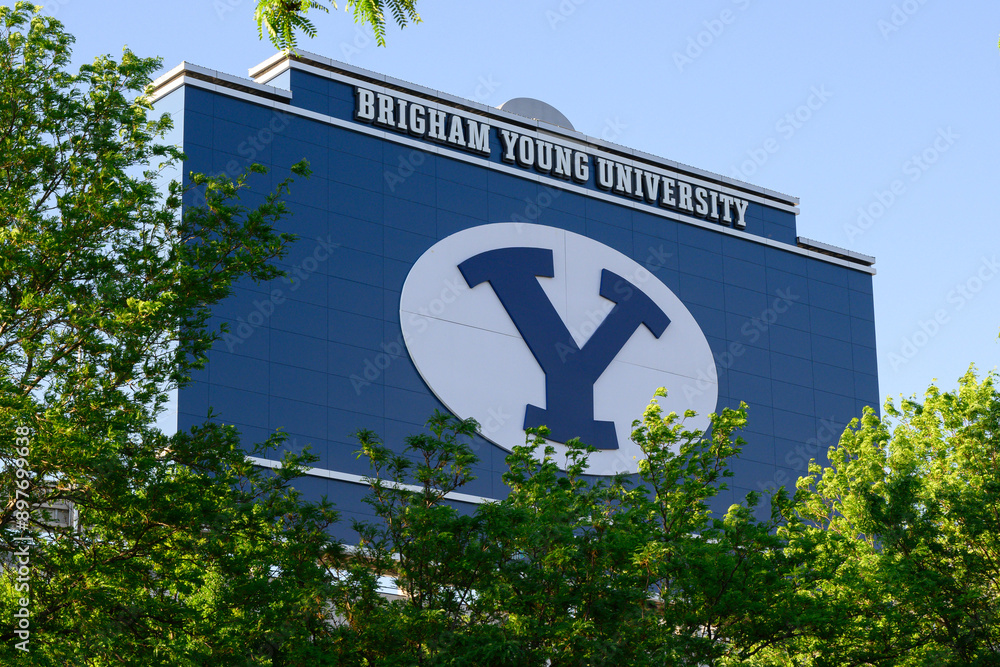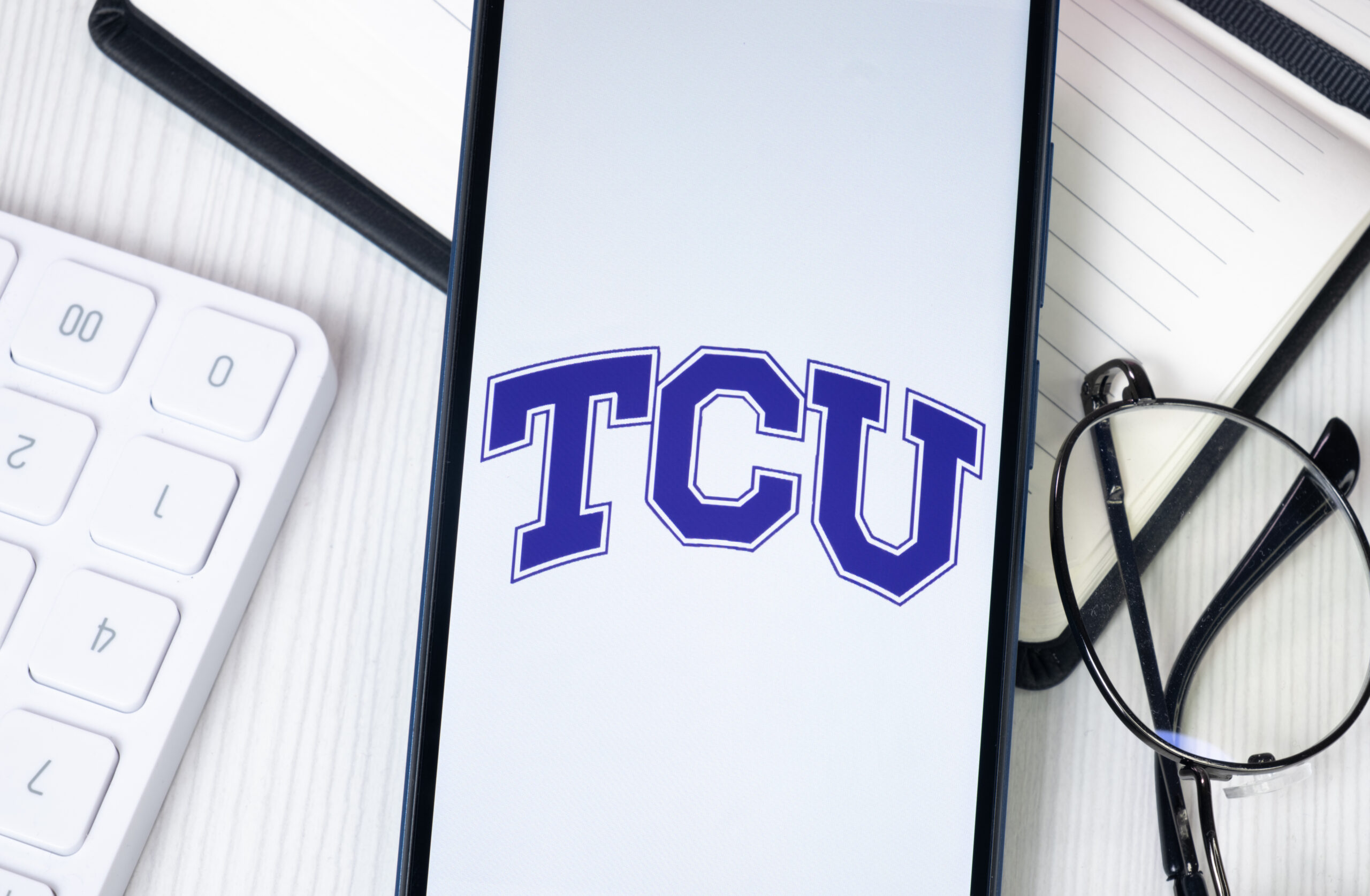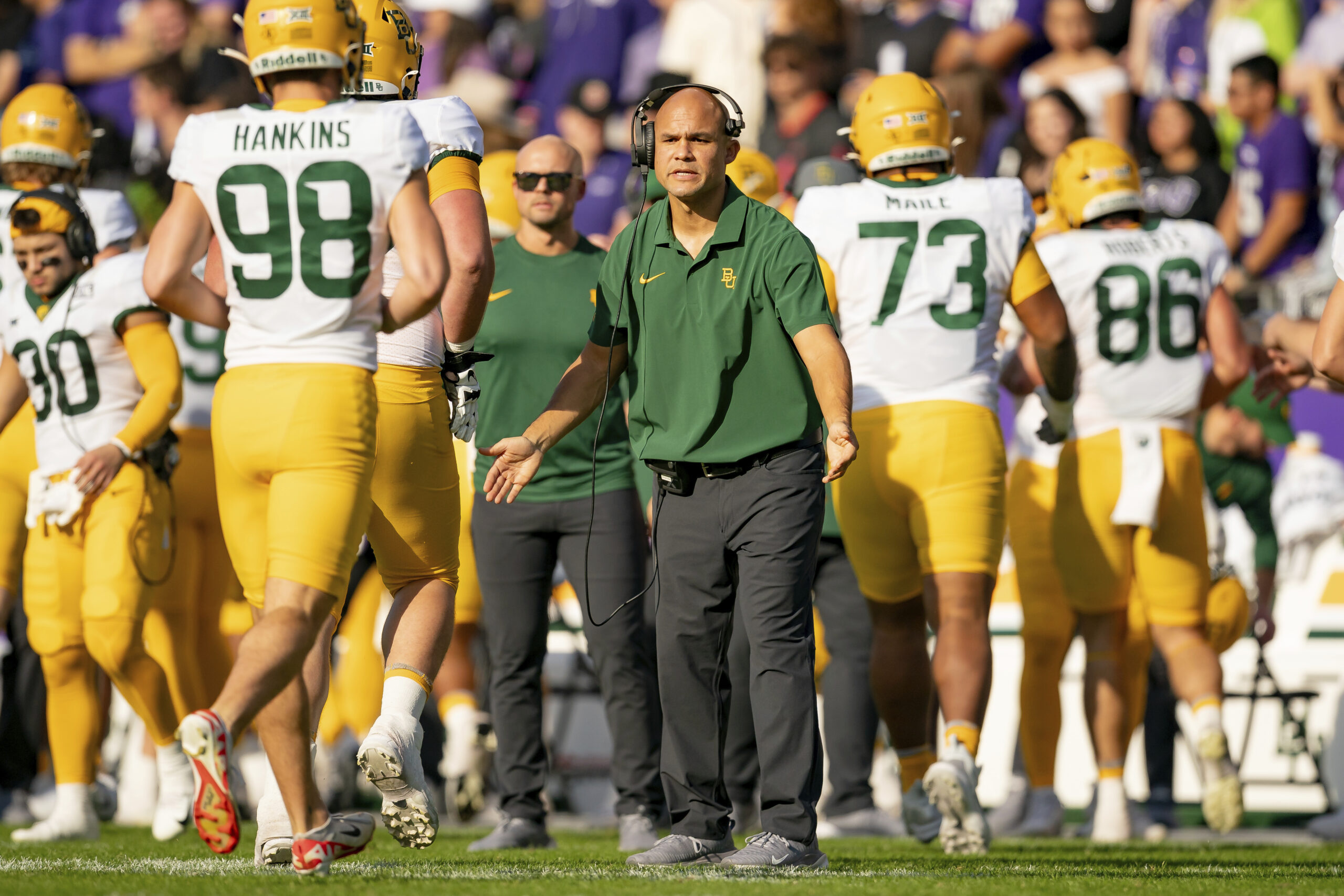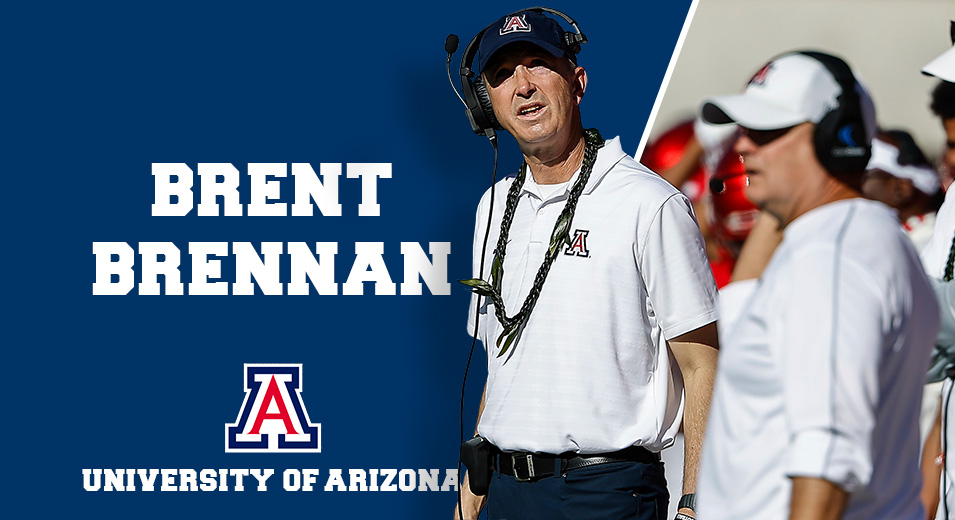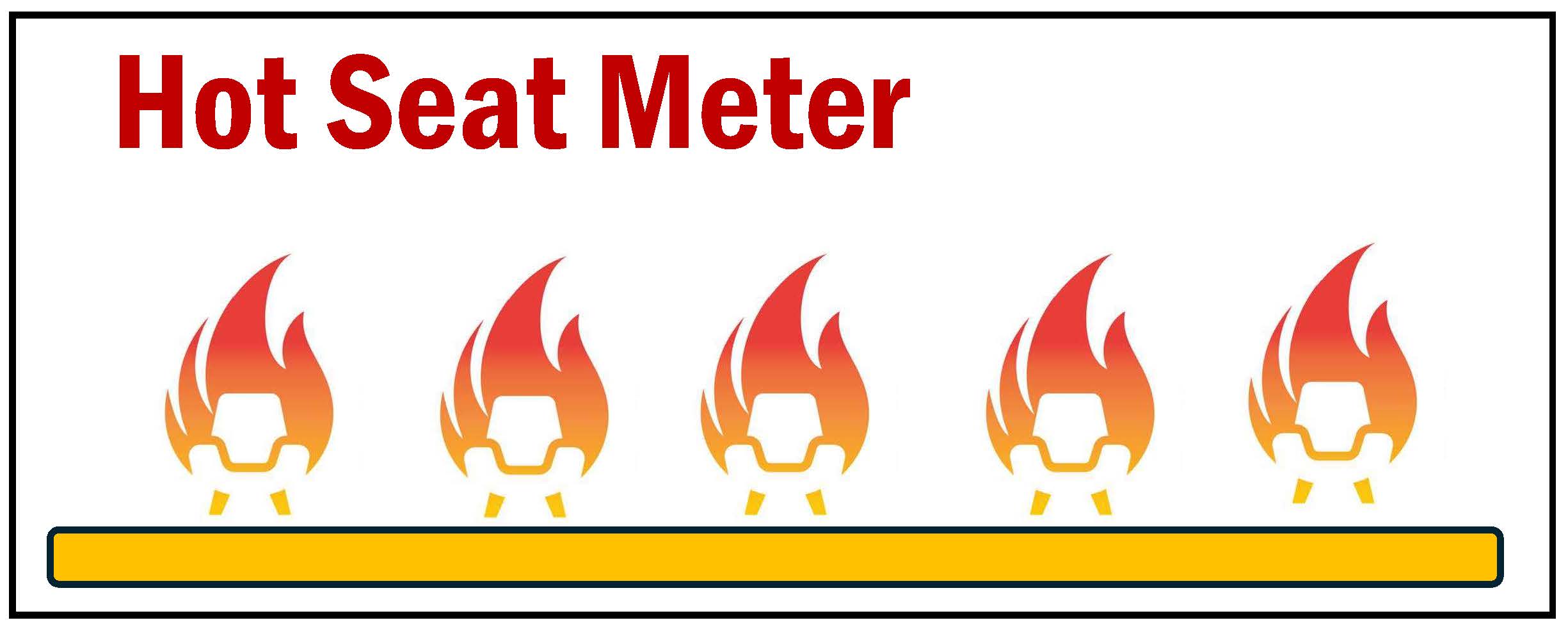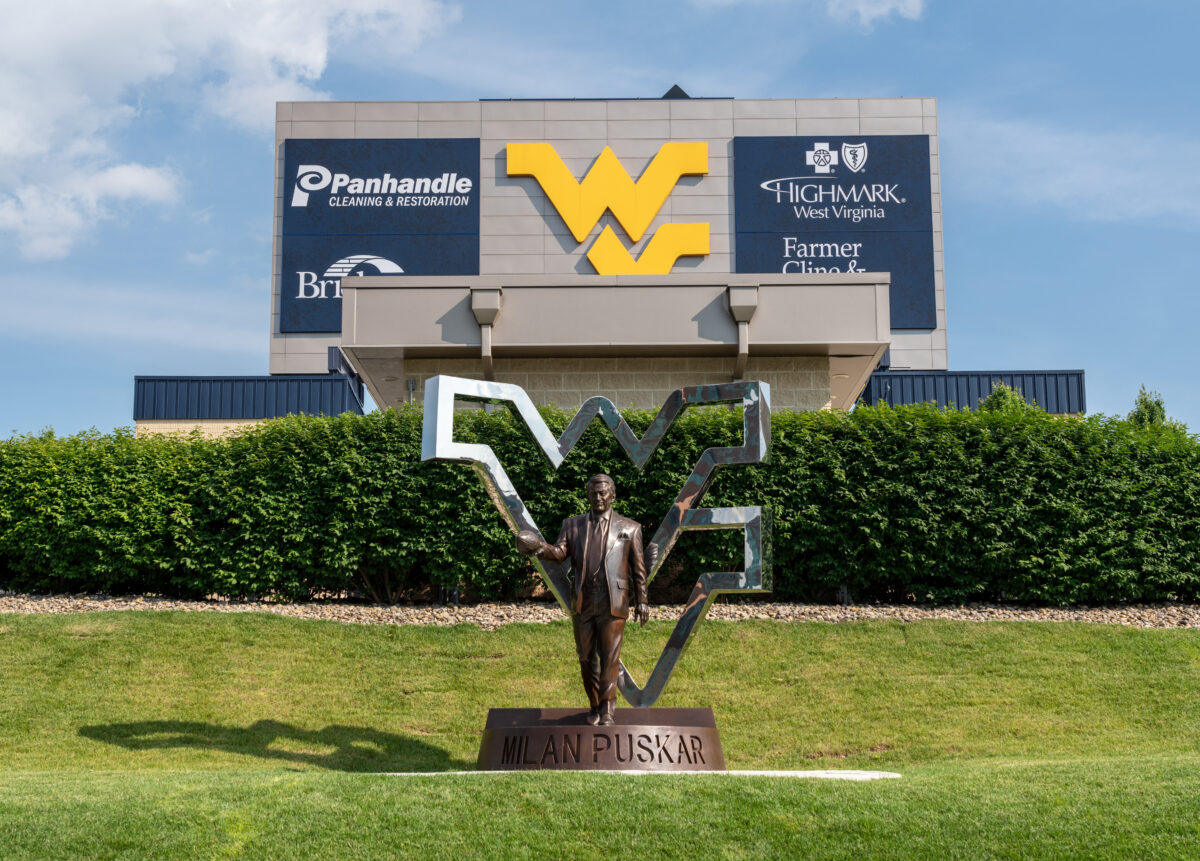
Blog Article
Rich Rod’s Revenge Tour: Why 2025 Is West Virginia’s Watershed Moment
Country roads, take me home
To the place I belong
West Virginia, mountain mama
Take me home, country roads
In college football, prodigal sons rarely return home.
But when they do, the entire sport stops to watch, and that’s exactly what’s happening in Morgantown, where Rich Rodriguez is back on the West Virginia sideline after a 17-year hiatus that saw him bounce between Michigan, Arizona, and Jacksonville State. Now, he’s returned to where he transformed a middling program into a national powerhouse.
The question on everyone’s mind: Can lightning strike twice?
The Painful Past That Set the Stage
West Virginia’s football program has been stuck in neutral.
Neal Brown’s tenure ended with a whimper in 2024, a 6-7 record, a 37-42 Frisco Bowl loss to Memphis, and a fanbase desperate for something (anything) to cheer about. The 5-4 Big 12 record teased potential, but losses to Penn State, Pitt, Iowa State, Kansas State, Baylor, and Texas Tech revealed a program still searching for identity.
By December, the Rodriguez reunion was official, and suddenly, a dormant volcano showed signs of life.
That 2007 team, by the way, was one Pitt upset away from playing for a national championship.
Why Rodriguez 2.0 Is Different (And Possibly Better)
The Rich Rodriguez of 2025 isn’t the same coach who left.
He’s battle-tested. Humbled. Most importantly, he knows exactly what doesn’t work because he’s lived it.
After his infamous departure to Michigan (which he has openly called his “biggest professional mistake”), Rodriguez has:
- Experienced the pressure-cooker of Big Ten expectations
- Adapted his offensive system multiple times
- Learned how to build cultures in diverse environments
- Witnessed firsthand how the transfer portal and NIL have transformed recruiting
This version of Rodriguez isn’t just running it back—he’s bringing 17 years of wisdom that the original never had.
His priorities are crystal clear:
- Speed (everywhere)
- Toughness (non-negotiable)
- Accountability (daily)
Former NFL star Adam “Pacman” Jones shared an insider’s view on The Pat McAfee Show: Rodriguez is “getting guys that were around back in the circle” and there’s “a lot of guys who know the coach and football. Not lazy.”
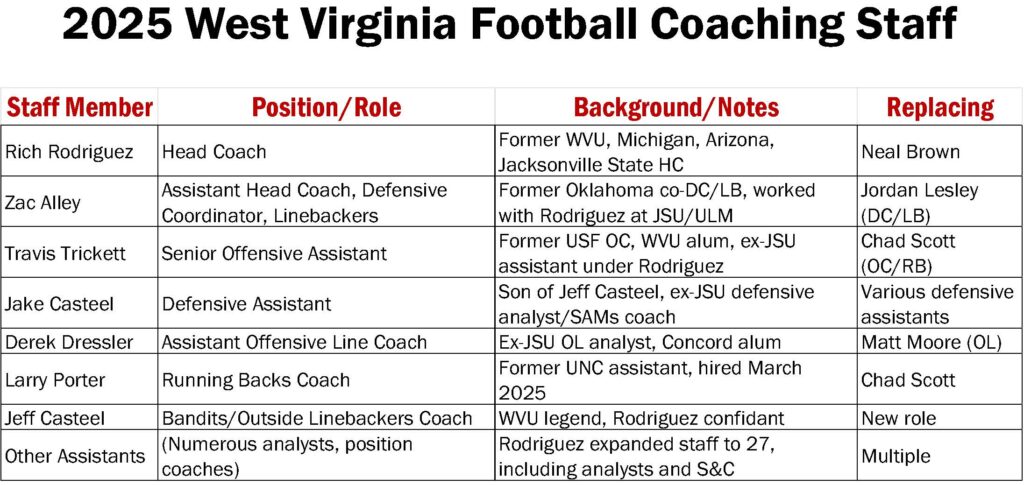
The Great Roster Reset: West Virginia’s Unprecedented Overhaul
Never in program history has West Virginia undergone such a dramatic roster transformation.
The numbers are staggering:
- 59 new faces arrived for spring practice
- Over 30 players left via transfer or were cut from the team
- 114 players currently on the roster (well above the NCAA limit of 105)
Rodriguez didn’t sugarcoat his assessment: “I think there was a misunderstanding that I was unhappy with the roster. I am unhappy with the depth, but I think every coach is unhappy with their depth at this point in the spring.”
Translation: The mass exodus was by design.
The new acquisitions read like a college football fantasy draft:
- QB Room: Returning talent Nicco Marchiol (4-0 as a starter) plus Texas A&M transfer Jaylen Henderson
- OL Reinforcements: SEC products Ayden Bussell (Tennessee) and Carson Lee (Mississippi State)
- New Playmakers: WR Christian Hamilton (UNC) and RB Jaylan Knighton (SMU)
- Defensive Additions: DL Eddie Kelly Jr. (Missouri) and DB Ty Crutcher (West Florida)
This roster might barely recognize each other in the locker room, but they’ll all wear the same gold and blue in August.
Rodriguez vs. Brown: The Philosophical 180
Neal Brown built a foundation. Rich Rodriguez is building a fortress.
The contrast between these two coaches couldn’t be more stark:
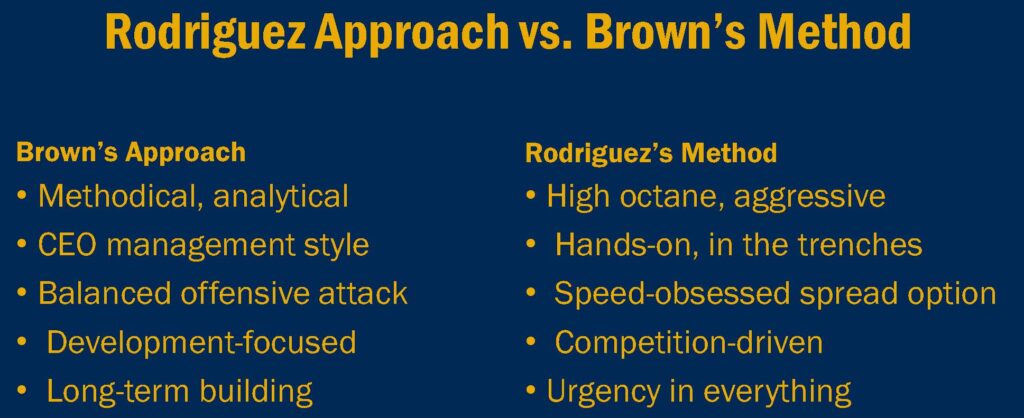
Rodriguez’s practices look different—fast-paced, detail-oriented, and sometimes chaotic. He’s a coach who immediately stops everything to correct a mistake, described as having “fast eyes” that spot issues others miss.
He’s even banned his players from dancing on TikTok—a small but telling sign that this program is developing what Rodriguez calls a “hard edge.”
The 2025 Gauntlet: A Schedule Built for Drama
Rodriguez’s redemption tour begins with a softball before quickly ramping up to championship-level difficulty.
The full slate:
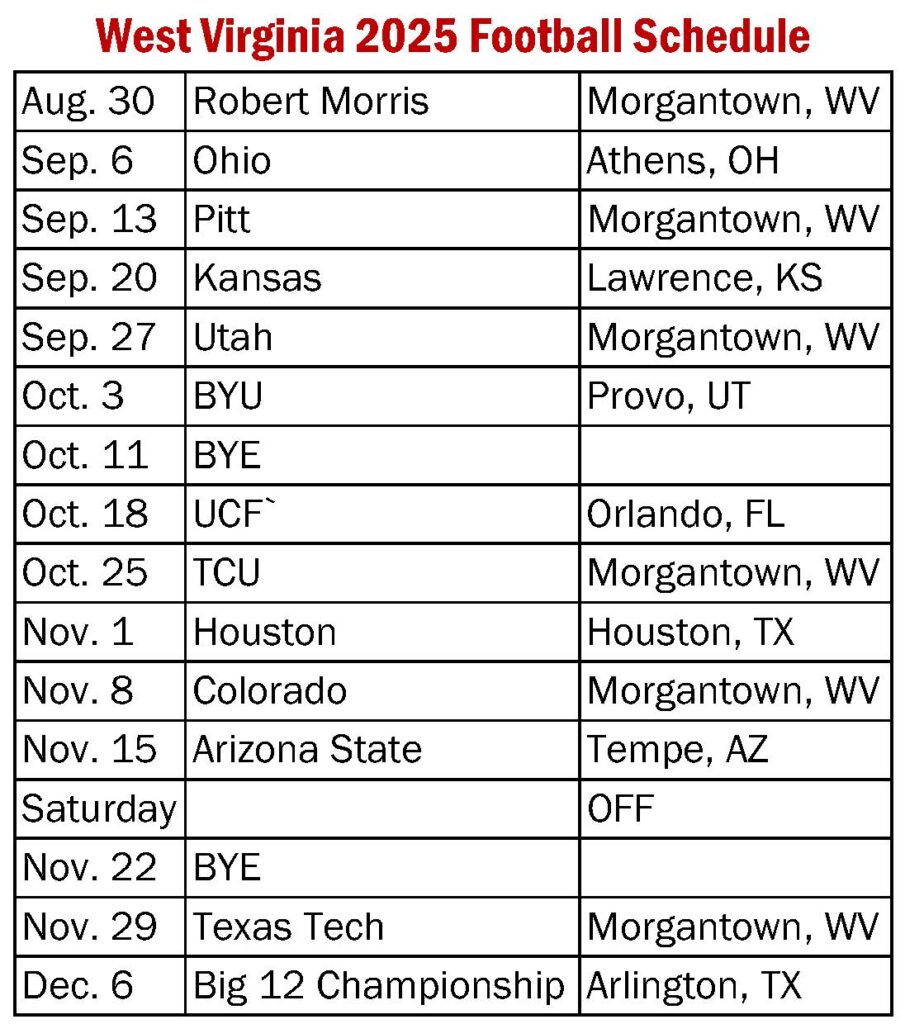
The schedule offers opportunity and peril—Utah and Texas Tech are potential conference contenders, while Pittsburgh brings the emotional weight of rivalry.
Rodriguez acknowledged the challenge: “This year’s schedule showcases an exciting slate of games for our program and fans. The Big 12 is as tough as anywhere in the country.”
The Clear-Eyed Path to Success in 2025
What does victory look like for Year One of Rodriguez Redux?
It’s not about wins and losses, though those matter. It’s about establishing a foundation that can sustain championship-level football.
The reasonable expectations:
- Floor: 6 wins, bowl eligibility
- Realistic: 7 wins, competitive in every game
- Ceiling: 9 wins if the quarterback play excels and the roster chemistry develops quickly
As West Virginia journalist Schuyler Callihan wrote: “At the very minimum, we’re talking about winning games at home and competing in all 12. Last year, WVU went 2-4 at home against FBS opponents, losing by an average of 18.5 points per game… Be competitive.”
Rodriguez needs to transform Milan Puskar Stadium back into the fortress it once was—a place visiting teams dread. That starts with winning at least three of the five home games against FBS opponents.
The 5-Year Vision: Building Sustainable Excellence
Rodriguez didn’t sign a five-year, $3.75 million per year contract for short-term results.
This is about the resurrection, not just of his legacy but of a football program that once competed with the nation’s elite.
“We were really close. I mean, we were, I think, solidly, a top-10 program, and close to playing for a national championship,” Rodriguez reflected recently.
The long-term goals are clear:
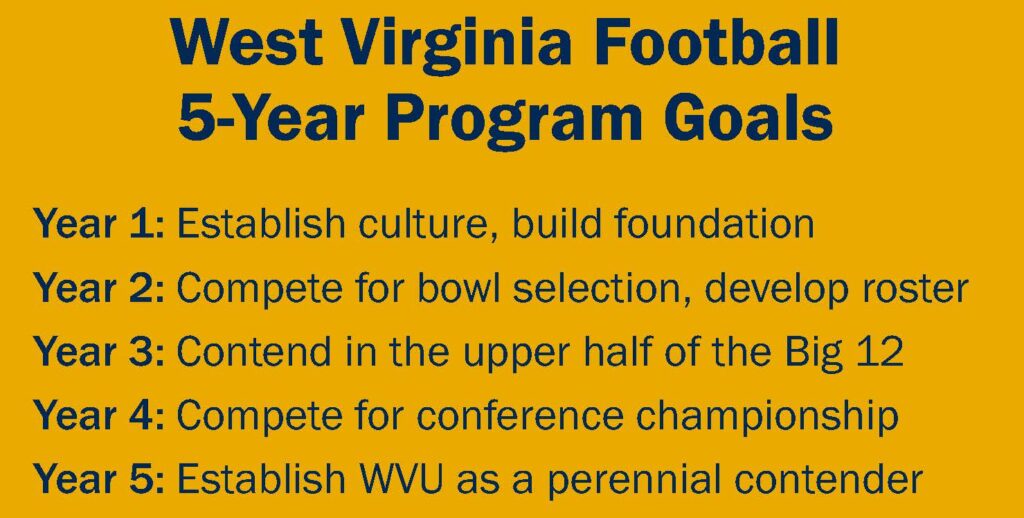
Rodriguez knows the modern landscape—NIL, the transfer portal, expanded playoffs—creates challenges and opportunities that weren’t present during his first stint.
But one thing hasn’t changed: his belief that West Virginia can win at the highest level.
Will The Second Time Be The Charm?
Football, like life, rarely gives second chances.
But in the hills of West Virginia, one of college football’s most compelling stories of redemption is unfolding. Rich Rodriguez isn’t just coaching football—he’s chasing vindication, closure, and perhaps a chance to rewrite his ending.
The massive roster turnover, the challenging schedule, and the weight of expectations suggest patience will be required. However, Rodriguez’s history of rapid engineering turnarounds offers hope that the Mountaineers could surprise in 2025.
Whatever happens, one thing is sure: When the Mountaineers take the field against Robert Morris on August 30th, the energy in Milan Puskar Stadium will be electric.
Rich Rodriguez is home—and he’s determined to make it count this time around.
The Next Billion Dollar Game
College football isn’t just a sport anymore—it’s a high-stakes market where information asymmetry separates winners from losers. While the average fan sees only what happens between the sidelines, real insiders trade on the hidden dynamics reshaping programs from the inside out.
Our team has embedded with the power brokers who run this game. The coaching carousel, NIL deals, transfer portal strategies, we’ve mapped the entire ecosystem with the kind of obsessive detail that would make a hedge fund analyst blush.
Why subscribe? Because in markets this inefficient, information creates alpha. Our subscribers knew which coaches were dead men walking months before the mainstream media caught on. They understood which programs were quietly transforming their recruiting apparatuses while competitors slept.
The smart money is already positioning for 2025. Are you?
Click below—it’s free—and join the small group of people who understand the real value of college football’s new economy.
